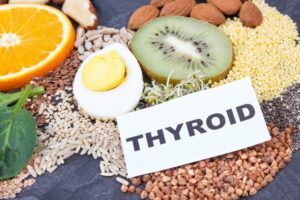Egg-citing Insights: Unveiling the Nutritional Wonders of Eggs 101

When it comes to the age-old debate between whole eggs and egg whites, there’s no shortage of opinions, especially in the health and fitness communities. Both options have their unique nutritional benefits, and they play different roles in supporting our overall well-being. But which one is truly a champion of health? Eggs come packed with essential components that help protect against chronic diseases, including lutein, zeaxanthin, choline, vitamin D, selenium, and vitamin A.
Now, let’s break down the nutrition facts of egg whites and egg yolks:
Egg Whites:
Egg whites, also known as albumen, are a treasure trove of high-quality protein. They contain all the essential amino acids your body needs for muscle growth, tissue repair, and maintenance. With approximately 3.6 grams of protein per single egg white, they are a fantastic choice for those seeking a low-calorie, high-protein option. What’s more, egg whites are virtually fat-free and cholesterol-free, making them a great fit for individuals with specific dietary restrictions. And here’s a fun fact: egg whites harbor ovotransferrin, which binds metal ions, ovomucin with antiviral properties, and lysozyme that has the power to disrupt the cell walls of certain bacteria.
Egg Yolks:
The yolk of an egg is where you find the fat-soluble vitamins, such as A, D, E, and K, as well as B-vitamins like folate, biotin, and choline. It’s a rich source of essential minerals, including iron, phosphorus, selenium, and zinc. But there’s more! The egg yolk contains lutein and zeaxanthin, two antioxidants that work wonders for your eye health. You’ll also discover lipovitellin and phosvitin in the yolk, with lipovitellin representing the HDL subfraction and phosvitin protecting against lipid oxidation by binding heavy metal ions.
So, what’s the verdict: Whole Eggs or Egg Whites?
For maximum benefits, the recommendation is to opt for whole eggs. In a fascinating study that compared the effects of consuming whole eggs versus egg whites during 12 weeks of resistance training in young men, the results were clear. Post-exercise whole egg consumption led to increased knee extension, handgrip strength, higher testosterone levels, and reduced body fat percentage compared to post-exercise egg white consumption. Surprisingly, there were no significant differences in muscle mass. The key takeaway here is that protein synthesis works better when you consume the entire egg.
Now, let’s address a common concern: the fear that egg yolk consumption leads to elevated cholesterol levels and, ultimately, heart disease. It’s important to know that there are two types of cholesterol: internal (produced within the body by the liver and intestine) and external (obtained through diet, limited to less than 200 mg/day). A single large egg yolk contains around 275 mg of cholesterol, which might seem high. However, randomized controlled trials in individuals with diabetes have shown that consuming 6–12 eggs per week doesn’t have a negative impact on total blood cholesterol levels or heart disease risk factors. On the other hand, studies comparing egg-based breakfasts to egg-free meals did reveal an increase in cholesterol in the egg-breakfast groups. In general, for most people, egg cholesterol doesn’t significantly affect blood cholesterol levels. What’s more crucial is to keep an eye on your saturated fat intake.
How Many Eggs Can You Consume Daily?
For the majority of healthy adults, enjoying 1 to 2 eggs per day is considered safe and beneficial, taking into account your overall dietary cholesterol intake. However, if you currently have high cholesterol levels or harbor additional risk factors for heart disease, it’s advisable to limit your egg consumption to no more than 4 to 5 eggs per week. Discover the golden balance for your well-being!
Now, how should you prepare your eggs for the healthiest outcome?
Boiled or poached eggs without added salt are excellent choices. When you scramble eggs, opt for preparing them without butter. When eggs are cooked, the heat causes changes in avidin, making it less effective at binding to biotin or Vitamin B7, which, in turn, makes biotin easier to absorb.
So, there you have it—whole eggs are the winner when it comes to overall health benefits, and how you cook them matters too. Enjoy your eggs and savor the nutritional goodness they bring to your plate!












